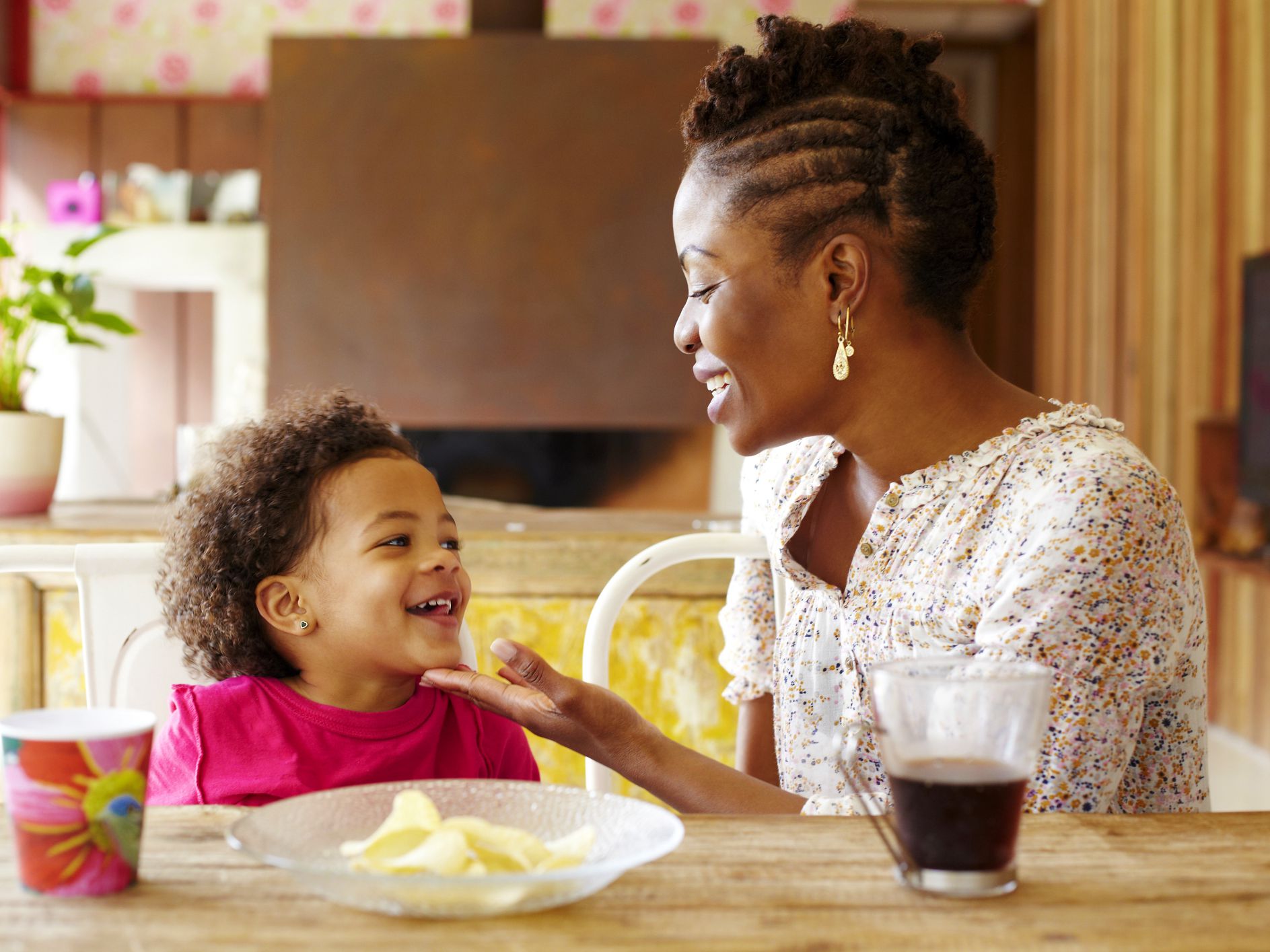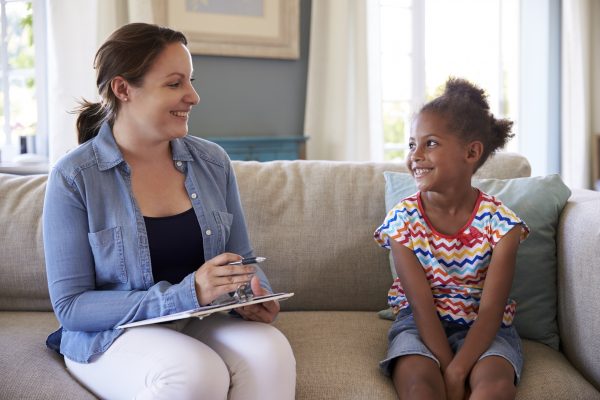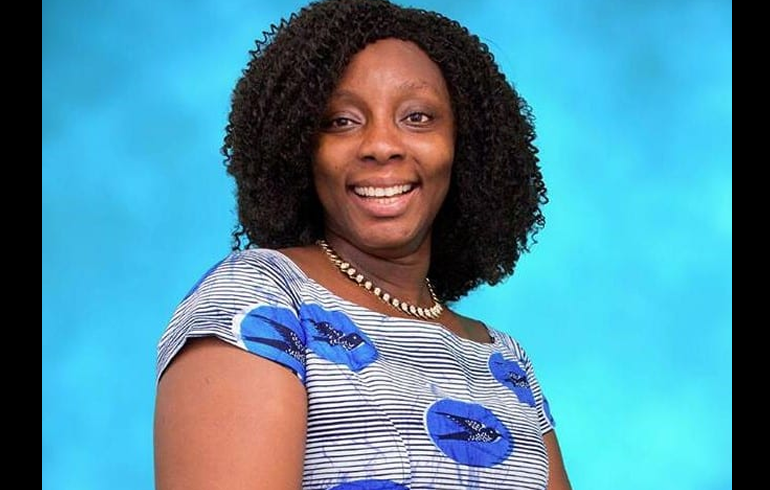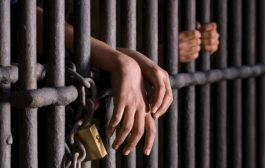Staying home, as essential as it is right now, is no easy feat. This is true especially for parents, who are now likely juggling even more in their households.
So HuffPost Parents turned to parenting experts to get the tried-and-true tips they give parents, and find out how you can apply them to everyone with whom you’re self-isolating, children or ― more importantly ― otherwise.
As Dr. Alexandra Hamlet of The Child Mind Institute told HuffPost, “These are all life skills, not just corona skills. These are all things that really promote mental healthiness overall and make us more effective.”
Here are some basic parenting rules that can and should be extended to the adults in your home, both now and later on.
Set boundaries
“The biggest advice I would give folks right now is establish healthy boundaries with the people you live with. Now more than ever it’s important to set boundaries around space and time. During this time of social distancing, our homes have now become multipurpose spaces that function as work, school, places of worship, the gym, etc., which can blur the lines between space and time. So, it’s important that clear boundaries be established around how and when space gets used but also who and when others have access to you.” ― Dr. Tammy Lewis Wilborn, board-certified licensed professional counselor-supervisor and owner of Wilborn Clinical Services in New Orleans
“Do the stuff you said you’d do. What’s your ‘couple bare minimum’? What are your must-haves, agree to them and stick to them. Now is not the time to come up with a long list, though.” ― Catherine Steiner-Adair, clinical psychologist and author of The Big Disconnect
Grant space
“People in a closed environment don’t grow more close psychologically, they actually grow apart. So we’re on top of everyone, but give people space because they’re trying to have that space and conversation. Let the kid cry or be upset, let grownups do the same. Don’t expect forced family fun for everyone at all times. Don’t think that that reflects on you. It’s just an innate social need to process.” ― Ashley Merryman, co-author of Nurture Shock and Top Dog
“I recommend families spend some one-on-one with each family member to maintain and improve their individual relationships. It is easy to lose the intimacy each of our relationships have during this time. Crafting some alone time with different family members can rebuild those individual relationships.” ― Natasha Daniels, AnxiousToddler.com
Practice mindfulness
“The biggest one is to practice being mindful or aware of your inner thoughts, feelings, as well as what’s going on in the moment. What mindfulness does is it curbs someone’s reactivity to their negative emotions and it saves them from getting into arguments, which will make things harder in this already difficult time. Being aware of sadness or anxiety, for example, once you name it, it reduces the strength of that particular emotion.” ― Dr. Alexandra Hamlet, clinical psychologist in the Mood Disorders Center at the Child Mind Institute
“Practice deep breathing together.When stress builds, compassion can wane because you’re in survival mode and must dial your empathy down. A simple, no-cost way to manage unhealthy emotions is to breathe deeply. Many kids (and grown-ups) inhale too quickly so the breathing doesn’t help them calm down. So, have each family member sit back-to-back with another with arms intertwined at the elbows and breathe together.” ― Dr. Michele Borba, educational psychologist and author of “UnSelfie: Why Empathetic Kids Succeed In An All-About-Me World”
“Deep breathingis huge and practicing what is called radical acceptance, which is a skill that basically teaches us that we’re in a situation right now that we don’t have power over that we can’t really change. To accept that is to acknowledge that and to try and keep remembering try not to go back into the denial stage of “but this isn’t fair” or “but I don’t like this.” Yes, you don’t have to like it, but this is our reality. That can help.” ― Hamlet
Adjust expectations
“Learning how to do something leads to self-esteem, not the other way around. Kids need the space to learn and have that frustration; the same is true for grownups. … We’ve got to let people have mistakes and let people do something they’re not normally good at and giving them the space to do it. Switches in context are really helpful for both grownups and kids — letting them learn from their mistakes totally applies to grownups.” ― Merryman
“Praise any kind of adaptability. What we really want to focus on is getting our kids and ourselves through this. One way that we have to do that is to be flexible, because we don’t necessarily have a timeline of what’s going to happen. We have to tolerate a lot of uncertainty. That might mean that we have to make shifts in how we do things. That flexibility is really important to be praising.” ― Hamlet
“The most important thing we can do right now is adjust our expectations. I like to think of it as lowering the bar. Social media will have you believe that this is the perfect time to take on a new hobby, learn a new language, and start a nonprofit from your perfect home office. Breathe.
Humans of the world are being asked to work in less-than-ideal situations or lose their jobs entirely; parent while working while acting as the director of a crisis distance-learning school; and make sure all involved are happy and healthy. It’s too much.
Resist the pressure to join the social media quarantine highlight reel and adjust your expectations about what you can do on any given day. Recess all day because parents have to work? Great!
Do your best and don’t compare your OK day to someone’s sizzle reel. We’re all muddling through this together. ” ― Katie Hurley, child psychotherapist and author of “The Happy Kid Handbook”
Create routines
“Having a routine and ritual are going to help keep your mind balanced, but it is also important to have flexibility. Rigidity has been shown to increase anger, frustration, and lack of self-worth. You can switch up your schedule or your furniture layout. Make it an activity to redesign the layout of your family room or your kid’s bedroom. This helps to create a sense of a new experience. Remember that moderation is key, and you don’t want your kid to think that redesigning the whole house is part of the new daily routine.” ― Ryan Beale, psychotherapist and founder of Prepare U Mental Health Curriculum
“Create a routine each day. It should comprise of everyone, including the adults. Don’t forget to plan weekends, because weekends can be a little bit harder than weekdays.” ― Hamlet
Be kind
“Remember that people express stress in very different ways, and don’t be negative about ways of expressing stress unless they’re harmful to others. Remind each other that we all have different ways of dealing with stress. We may tap our feet, pace, eat fast, chew loudly, get distracted, putter around fixing things that don’t really need to be fixed. This is a good time to give each other a break.” ― Dr. Richard Weissbourd, senior lecturer on education and faculty director, Human Development and Psychology at Harvard’s Graduate School Of Education
“Do ‘positives.’ A fun, quick way to count your blessings. It can be done with a kid, spouse, or any other adult; we do it at bedtime. Take turns saying something from the day that you’re grateful for. It can be something you got done, a way you helped someone, a kind thing someone did for you … maybe just a blue sky and sunshine. This can become a family ritual that endures beyond the virus.” ― Dr. Thomas Lickona, developmental psychologist and author of “How to Raise Kind Kids”
“Be mindful of people’s time and space. Make a little red/green traffic light on the back of the chair at your work station: green if members of your family can interrupt you and red if you can’t be bothered, to minimize the ways we’re going to annoy each other right now.” ― Steiner-Adair
Validate & be specific
“Validation is important during a time like this. Validation really is simply acknowledging that your emotion exists. We’re not necessarily saying that the emotion is bad or good, or that it makes sense or it doesn’t make sense. But the second you can validate the emotion, it starts to get a little bit more unstuck and you can move forward from the emotion more quickly.” ― Hamlet
“Be curious about them. Don’t just ask what they’re doing, ask more intimate questions: ‘Why are you doing it that way? What was the best thing that happened today?’ Get insight into what makes people in your family tick.
Children especially feel so loved and seen and valued when you don’t just say ‘what a cute picture’ to something they drew, but say, ‘how did you come up with that idea?’ Really ask them about the process that led to the product and don’t just praise the product. The same is true for adult conversation but on a different level.” ― Steiner-Adair
“Don’t praise a kid for who they are, but what they do. Most parents wouldn’t say ‘you’re a terrible child’ to their kid who broke a vase. You’d say, ‘I told you not to throw the ball inside the house.’ Focus on the task-specific ideas.
The research shows that the same rule applies for grownups. Focus on what they do and specifics and not who they are, that way you can have a conversation about what they can change. Especially for adults, the goal isn’t just to fix the problem: You want to catalyze new thinking so they come up with a different answer. … That way, we’re working on ways to solve the problem.” ― Merryman




















































